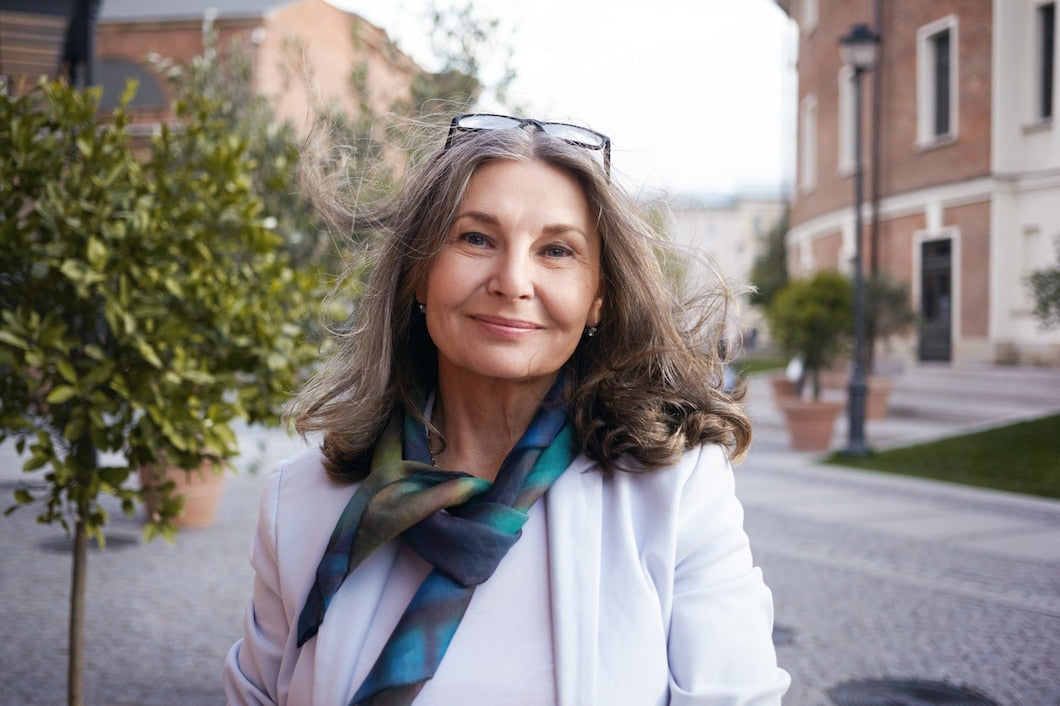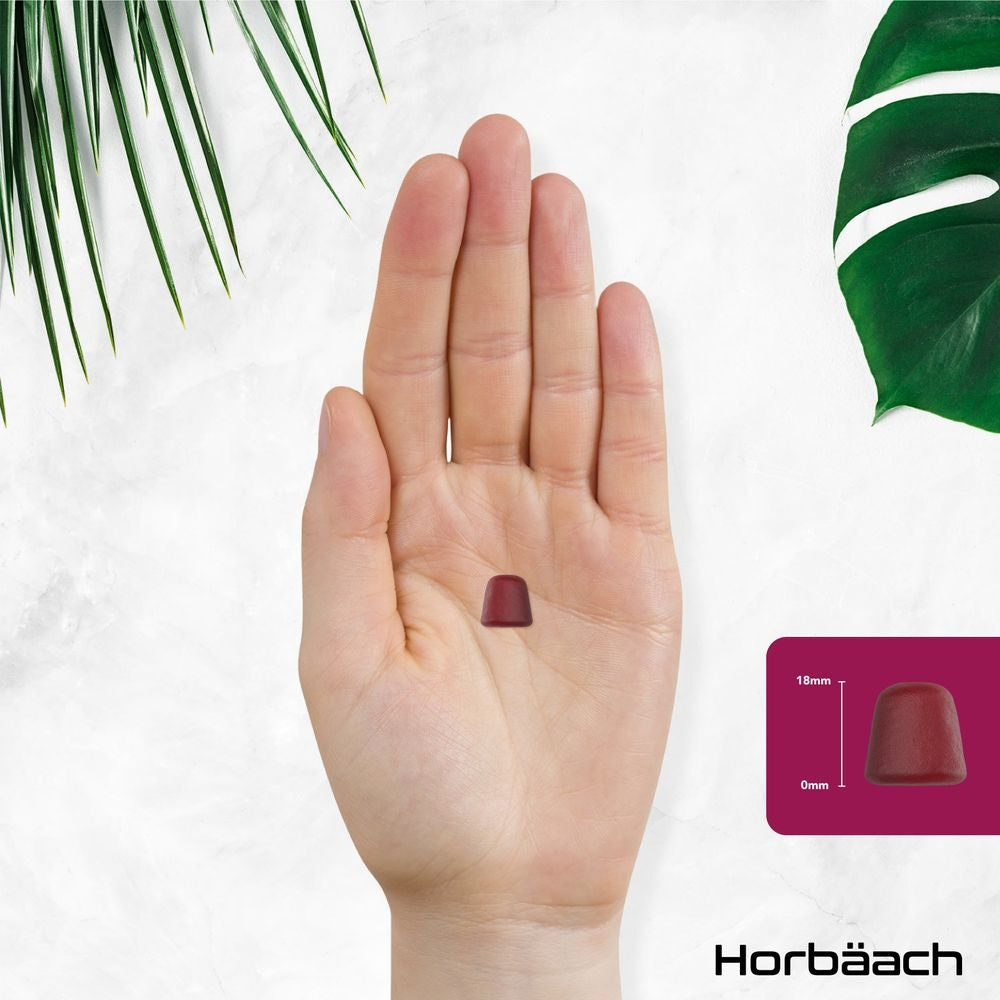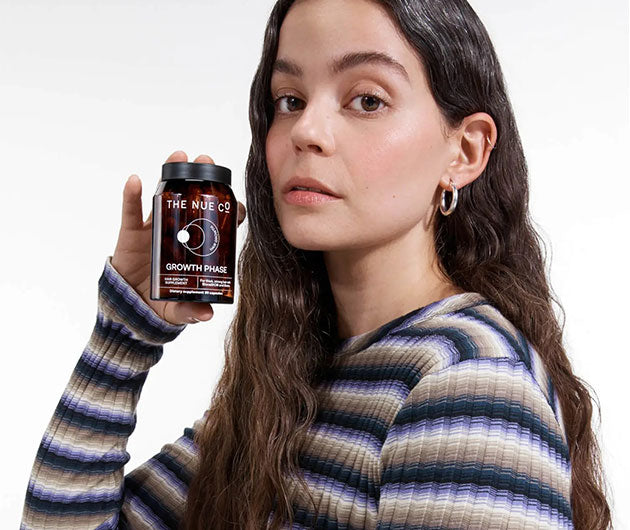
Understanding Menopause: Symptoms, Stages & Self-Care Tips
Menopause is a natural part of a woman’s life, yet it’s often misunderstood. It marks the end of menstrual cycles and fertility, typically occurring between the ages of 45 and 55. While every woman experiences it differently, being informed can make the transition smoother.
Here’s a guide to understanding menopause, its stages, symptoms, and effective ways to cope.
What is Menopause?
Menopause is officially diagnosed when a woman has gone 12 consecutive months without a menstrual period. It results from the ovaries producing lower levels of estrogen and progesterone, the key reproductive hormones.
The Stages of Menopause
-
Perimenopause (Transition Phase)
-
Starts several years before menopause.
-
Symptoms: irregular periods, hot flashes, mood swings, sleep disturbances.
-
-
Menopause
-
Defined when periods stop completely for 12 months.
-
Common symptoms: vaginal dryness, night sweats, memory changes.
-
-
Postmenopause
-
The years after menopause.
-
Higher risk of osteoporosis and heart disease due to lower estrogen levels.
-

Common Symptoms of Menopause
-
Hot flashes & night sweats
-
Irregular or missed periods
-
Mood changes, anxiety, or depression
-
Weight gain & slowed metabolism
-
Vaginal dryness & low libido
-
Trouble sleeping
-
Hair thinning or dry skin
Self-Care & Management Tips
-
Balanced Nutrition
-
Eat calcium-rich foods (milk, leafy greens) for bone health.
-
Include phytoestrogen-rich foods (soy, flaxseeds) to balance hormones.
-
-
Exercise Regularly
-
Weight-bearing activities like walking, yoga, or resistance training help maintain bone strength and reduce stress.
-
-
Stay Hydrated
-
Drinking plenty of water reduces bloating and helps with hot flashes.
-
-
Stress Management
-
Meditation, breathing exercises, or journaling can ease mood swings.
-
-
Medical Support
-
Consult a doctor for hormone replacement therapy (HRT), supplements, or natural remedies.
-
Final Thoughts
Menopause is not the end of vitality—it’s the beginning of a new chapter. With the right care, nutrition, and mindset, women can manage symptoms effectively and maintain a healthy, fulfilling life.






